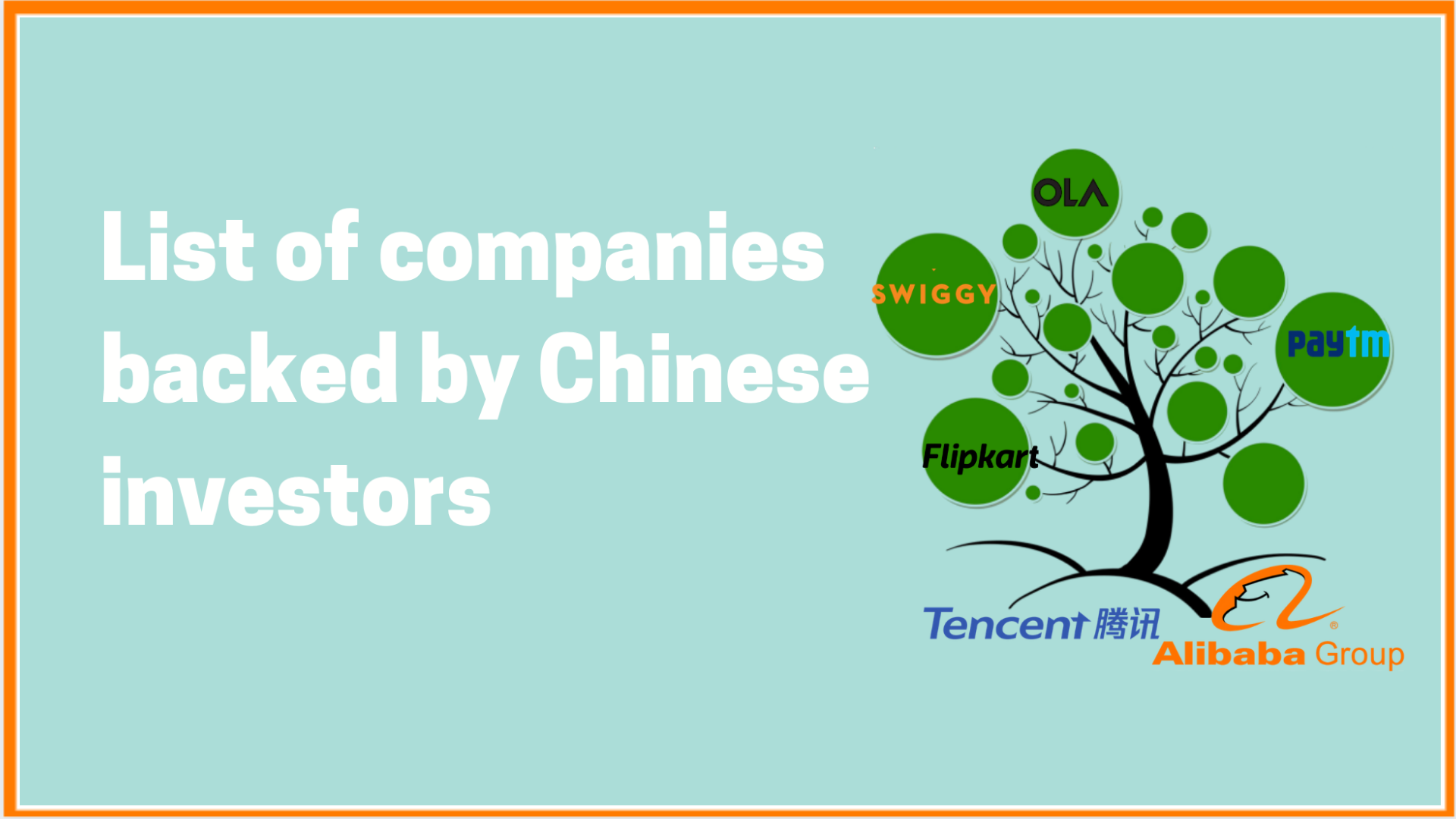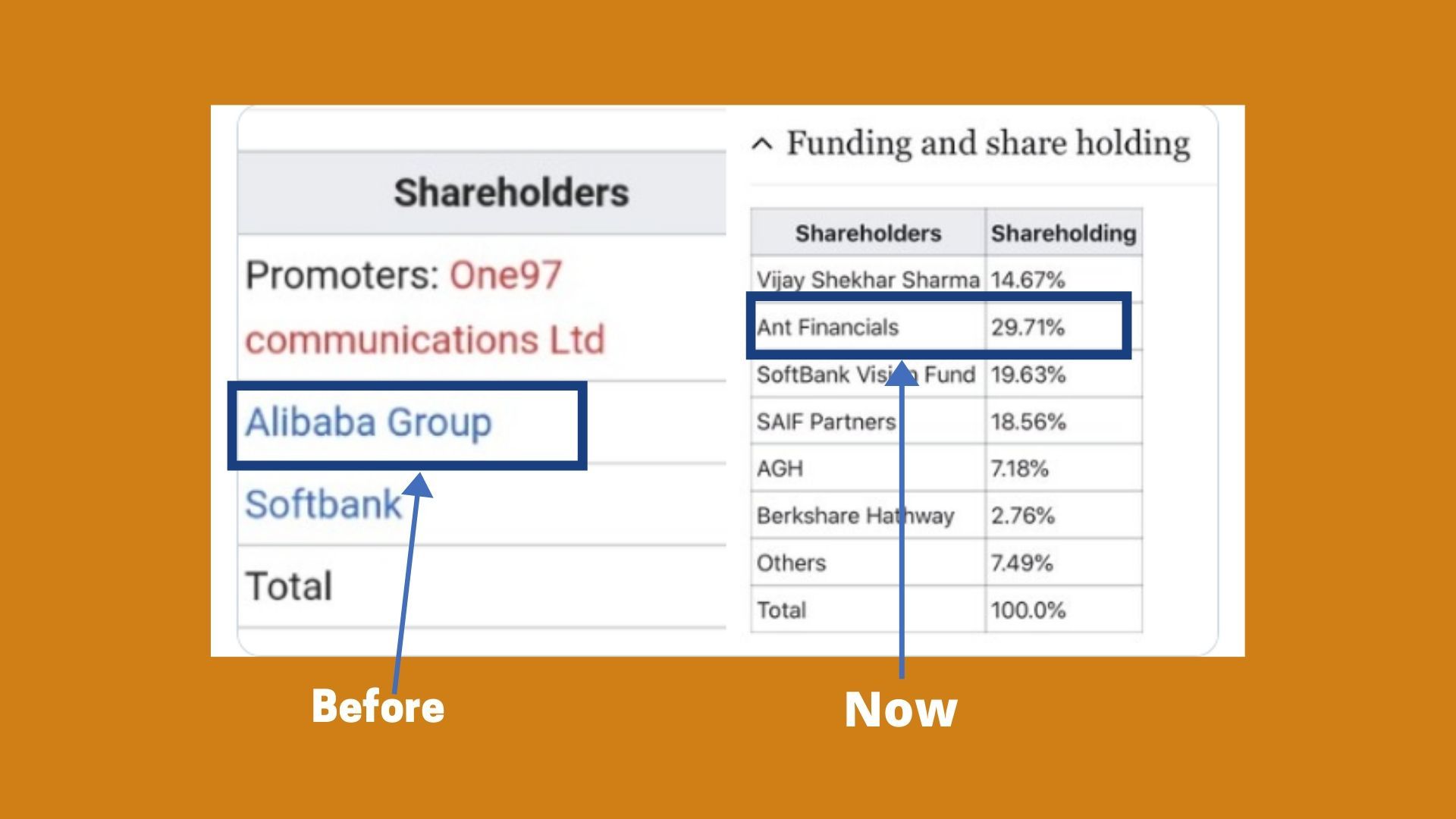After the Indian government banned 59 apps of Chinese origin, citing data security and national sovereignty concerns including popular apps such as TikTok, ShareIt, UC Browser, CamScanner, Helo, Weibo, WeChat, and Club Factory, it gave birth to a new wave of Indian apps as alternatives.
There were millions of downloads of the banned applications in India. Already Installed apps may continue to exist on mobile devices. But now that the latest versions of the apps have been removed from both Google’s Play Store and Apple’s App Store, users will not be able to access updated versions soon.
If even a slight notice goes out to internet service providers asking that data flow from these apps be halted, that could impact the functioning of existing installed apps. Among the banned apps, the Helo app was a favorite all, and with its ban came several other competitors of Indian origin to take its place. Here we listed a couple of them.
1. ShareChat
2. Roposo
3. Chingari
4. Mitron
Impact on Market Share in India After the Ban
Alternatives of Helo App
New things keep on replacing the old objects. With the application of ban, there were many alternatives selected by the people to replace popular applications such as TikTok, Helo, ShareIt. Each application was replaced with the number of homegrown indian alternative applications. Below is the list of best alternative applications for Helo App.
1. ShareChat
Founded: 2015
Play Store Download: 100M+
Ratings: 4.2

ShareChat is a well-known name as the alternative to Helo App. ShareChat is a made-in-India product considered the best option to replace Helo. Even though ShareChat was introduced to the world earlier than the ban, it was only after the announcement of the government, that ShareChat found its part of acknowledgment.
With the introduction of the ban, there was a great spike recorded in the number of downloads on an hourly basis for ShareChat. As for current times, the active user count for the ShareChat app is around 160 Million users per month in 2022.
“We are confident that this sets up the foundation of another success for ShareChat,” ShareChat COO and Co-founder, Farid Ahsan.
ShareChat enjoys 5 lakh downloads per hour, especially after the introduction of the ban. The shareChat app allows its users to make and share videos, watch funny videos, and share WhatsApp statuses and also enables them with the feature of creating and using a chatroom for communication with others.
2. Roposo
Founded: 2014
Play Store Download: 100M+
Ratings: 4.3

Another great alternative for the Helo app is Roposo. Roposo is a short video platform developed in India. Roposo also found its ladder to success just after the announcement of banning Chinese applications for security purposes. There was an instant spike noted in the number of downloads recorded over the period of an hour for the Roposo application.
The Roposo app now claims it has around 65 million users in India with a monthly active user count to be around 25 million in the year 2022. The Roposo App is one of the strong competitors of ShareChat whose growth is comparatively slower than that of other Indian rivals. The InMobi-owned video-sharing platform had said that it gained 10 million new users in as little as 12 hours after the ban.
3. Chingari
Founded: 2018
Play Store Download: 50M+
Ratings: 4.9

Chingari is an Indian video-sharing app that has emerged as one of the top alternatives to the Helo app and has crossed over 50 million downloads on the Play Store. After the ban of Chinese apps in India, Chingari was reportingly having 3 lakh users every hour. For the current scenario, Chinagri enjoys an active user base of around 32 Million users per month in 2022.
Chingari is highly acknowledged for its visual effects introduction in making videos. Chingari allows its users to view, create and share videos by its means. It is also known to enable the service of viewing news and playing games through its application for its customers.
4. Mitron
Founded: 2020
Play Store Download: 10M+
Ratings: 4.3

Even though Mitron is considered a clone of Tiktok, it is still a social media platform and can be seen as an alternative to Helo. Just after the apps were banned and Tiktok became unavailable for download, Mitron swept in and got a whooping 5 Million downloads within a month, and currently, it enjoys an 18 Million active user base per month in 2022.
Mitron is a short video platform that enables the facilities like creating a short video mainly used for status along with the option of recording a live video. It enables easy creation of video with shorter time-length but of different purposes.
Impact on Market Share in India After the Ban
The announcement of banning Chinese applications came on 29th June 2020. Even though the ban was imposed for security purpose, the effect of banning the products was indirectly going to affect the market share of similar Indian products.
With the unavailability of the same service, many users diverted their path to Indian products offering the same services. Given below is the data showing the comparison between the downloads of each individual application before and after the announcement.
| Apps | June 19-28(2020) Before the Announcement of Prohibition | June 29 to July 8(2020) After the Announcement of Ban | Total % Change Incurred in the Number of Downloads |
|---|---|---|---|
| Roposo | 49,00,000 | 89,00,000 | 89% |
| ShareChat | 14,00,000 | 50,00,000 | 257% |
| Mitron | 36,00,000 | 43,00,000 | 19% |
| Chingari | 35,00,000 | 54,00,000 | 54% |
The user base of the Helo Application was diverted to more than one Indian-made application. Users went out to use and try different platforms as per their requirements. The top four alternatives giving competition to each other were Mitron, Roposo, Chingari, and ShareChat.

Experts say that the ban, coupled with anti-China sentiments in the country, does create an opportunity for Indian brands, but whether these new users will stick to these platforms remains to be seen.
Naveen Mishra, senior research director at Gartner, said with the ban on Chinese apps, 200 million Indian consumers are evaluating alternates.
“This ban creates immediate opportunities for Indian developers to create a similar platform. There are a bunch of early-stage similar Indian products, which will be religiously tested by Indian consumers now. Accelerated product evolution based on local customer feedback is key to being successful in this new scenario,” he said.
With the effect seen and noticed by the experts, it is believed that the ban imposed by the government on Chinese products will eventually pave a way for Indian products to create their own existence in the market.
With the decision of banning a number of Chinese apps, it can also be assumed that the decision ordered by the government will also create a way for the developers to create their own path to success.

Conclusion
The Indian market consists of a large number of audiences looking out for different methods and products to work with. The Chinese applications were suddenly banned by the Indian government leading to the ultimate solution of finding Indian Alternatives for each application.
One of the most popular applications faced with the same destiny was Helo App. The text above contains the best Indian alternatives for Helo App along with their market share effects.
FAQs
Which Chinese apps were banned in India?
Among the 59 apps that were banned, the most loved ones were TikTok, Shareit, UC Browser, Shein, CamScanner, Helo, Weibo, WeChat, Club Factory, and more.
Why were the Chinese apps banned in India?
The apps were banned due to the security risks that they posed. It was alleged that the apps were being used to track and monitor the citizens of India.
Will the ban on Chinese apps be lifted?
The ban was temporary with the Indian government wanting proper proof of the security concerns. However, no proper response has been given yet and the bans are likely to become permanent.














































































